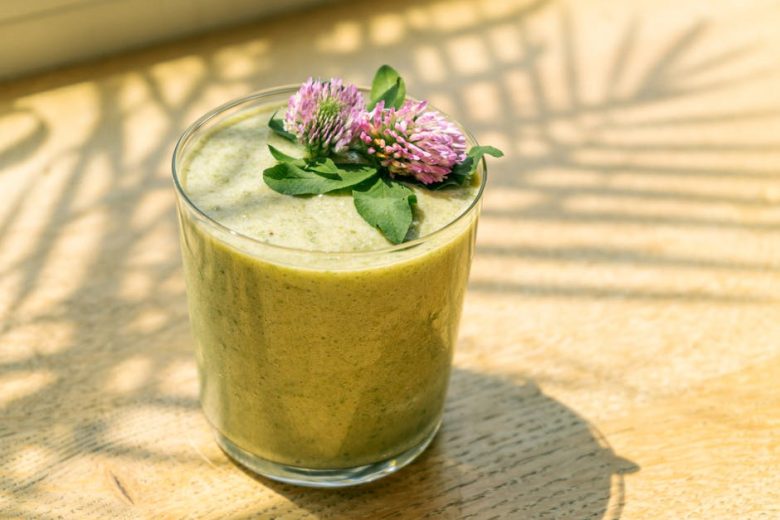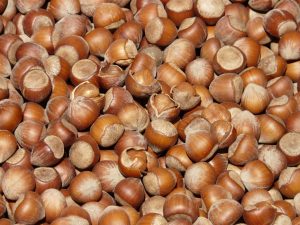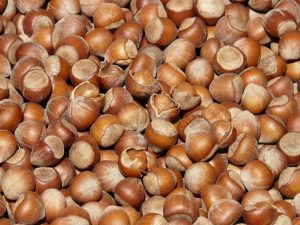In recent years, the debate between organic farming and conventional agriculture has gained significant traction among consumers, farmers, and environmentalists alike. As concerns about food quality, environmental impact, and health risks continue to rise, many are questioning which farming method is more sustainable and beneficial in the long run. This article will compare organic farming and conventional agriculture, highlighting their key differences, advantages, and drawbacks.
Organic farming is characterized by its commitment to natural processes and avoidance of synthetic chemicals. Farmers who practice organic methods focus on crop rotation, composting, and the use of natural fertilizers and pest control. This approach aims to enhance soil health, promote biodiversity, and produce food that is free from harmful pesticides and genetically modified organisms (GMOs). On the other hand, conventional agriculture often relies on chemical fertilizers, pesticides, and monoculture practices to maximize yields and efficiency. This method has been the backbone of large-scale farming for decades, leading to increased food production to meet the demands of a growing population.
One of the most significant advantages of organic farming is its positive impact on the environment. By promoting biodiversity and reducing chemical inputs, organic farming practices help to maintain soil health and reduce pollution in water systems. Organic farms often serve as habitats for various species, contributing to a healthier ecosystem. In contrast, conventional agriculture can lead to soil degradation, water contamination, and loss of biodiversity due to the extensive use of chemicals and monoculture practices. As environmental concerns become more pressing, many consumers are turning to organic products as a way to support sustainable farming practices.
Health considerations also play a crucial role in the organic versus conventional debate. Research suggests that organic produce may contain higher levels of certain nutrients and antioxidants compared to conventionally grown counterparts. Additionally, organic farming eliminates the risk of exposure to synthetic pesticides and GMOs, which some studies have linked to health issues. However, conventional agriculture offers the advantage of lower prices and greater availability of food products, making it a more accessible option for many consumers. This accessibility raises important questions about food equity and the ability of all individuals to choose organic options.
Economic factors further complicate the comparison between organic and conventional agriculture. While organic farming can yield higher prices for crops due to consumer demand, it often requires more labor and time, leading to increased production costs. Conventional farming, with its emphasis on efficiency and scalability, can produce food at a lower cost, making it more appealing for large-scale operations. However, the long-term costs associated with environmental degradation and health risks may not be fully accounted for in the pricing of conventional products. As consumers become more informed about these issues, the demand for organic products continues to rise, potentially shifting the economic landscape of agriculture.
In conclusion, the choice between organic farming and conventional agriculture involves a complex interplay of environmental, health, and economic factors. While organic farming offers numerous benefits, including improved environmental sustainability and potential health advantages, conventional agriculture remains a practical option for many due to its efficiency and lower costs. As the agricultural landscape evolves, it is essential for consumers to consider the implications of their food choices and support practices that align with their values and priorities.
Ultimately, the future of agriculture may not be a matter of choosing one approach over the other, but rather finding a balance that integrates the strengths of both systems. By fostering sustainable practices within conventional farming and promoting organic methods, we can work towards a more resilient and equitable food system that benefits both people and the planet.



